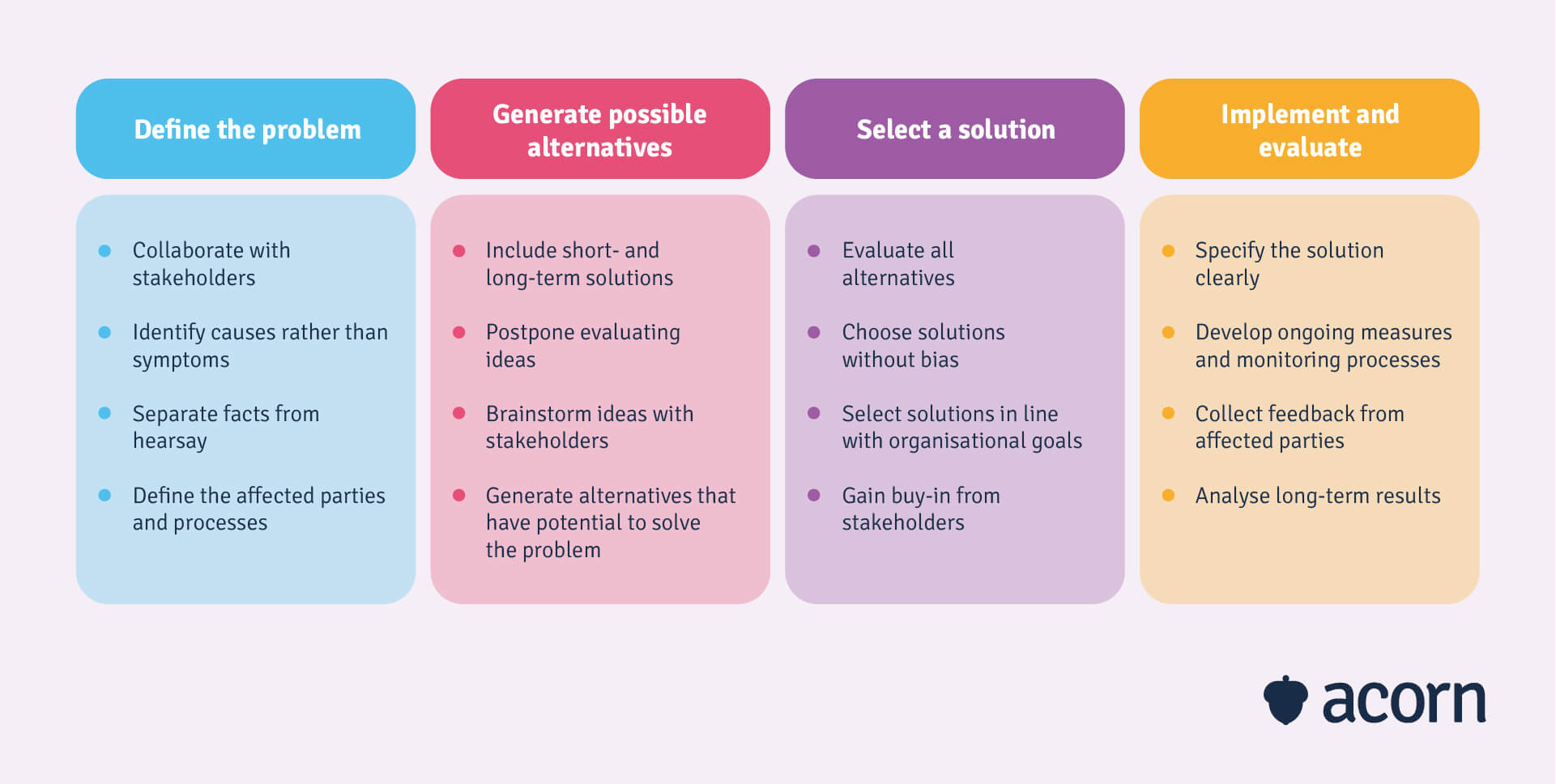The environment of professional services is undergoing a profound change as businesses evolve in response to rapid tech progress and shifting market demands. Previously controlled by traditional methods that emphasized uniformity and rigidity, nowadays, the professional consulting sector is embracing agility and creativity. This shift is not just a trend; it is a requirement for firms looking to stay at the forefront and relevant in an increasingly complicated landscape. Understanding this shift is crucial for companies that aim to leverage professional expertise to fuel their growth.
As organizations navigate this modern age, the need for specialized expertise and strategic alliances has never been more critical. Professional services play an essential role in assisting companies through their challenges, whether it’s improving operational effectiveness, managing risks, or adapting to compliance changes. In this article, we will explore the important qualities to look for in a professional services firm, how to build enduring connections with service providers, and the significance of tech and soft skills in nurturing successful partnerships. By analyzing the present developments and challenges within the sector, we will uncover the different ways in which business services can drive significant corporate transformation and growth.
Fundamentals of Professional Services for Organizational Development
Professional services play a key role in driving business growth by providing expert insight and targeted expertise that organizations often find missing internally. You can find out more include a wide range of fields, such as consulting, financial services, law, and tech services, allowing businesses to leverage external skills to address difficult issues. By integrating professional services into their processes, organizations can improve their operational strengths and focus on primary strengths, thus achieving improved effectiveness and competitor edge in the industry.
In the modern business world, the requirement for adaptability is essential. Consulting agencies offer customized approaches that help businesses manage compliance issues, integrate emerging technologies, and mitigate risks efficiently. Their ability to deliver strategic guidance enables organizations to make informed decisions, ensuring they remain ahead of consumer demands and market needs. This adaptability not only facilitates current aims but also fosters sustainable development and eco-friendly practices.
Allocating resources to expert services also yields considerable rewards, as these professionals often help spot efficiency improvements and improve overall organizational effectiveness. By partnering with expert organizations, organizations can access creative solutions that streamline processes and improve service quality. This not only drives business growth but also improves the user satisfaction, making business services a key component of contemporary corporate approaches aimed at ongoing achievement.
Choosing the Appropriate Business Support Partner
Identifying the appropriate business services partner is a critical choice that can substantially influence your organization’s success. Commence by assessing the individual demands and obstacles your organization deals with. Expert consulting companies specialize in different fields such as advisory, law, marketing, and IT. Grasping your own needs will help identify potential partners who have the expertise and solutions that align with your goals. It's crucial to specify what outcomes you anticipate and express these well during the selection stage.
Afterward, review the organization's certifications and background. Look for firms that have a proven reputation in your sector or the specific support you seek. Review for client reviews, project examples, and any relevant recognitions that speak to their competence and trustworthiness. Talking in discussions with past clients can furnish insights into their approach and effectiveness. Additionally, take into account their size – ensure they can take on your initiative while still offering the care and resources required for achievement.
At last, prioritize the significance of shared values and interaction style. A good professional services partner not only has the essential skills but also aligns with your company’s ethics and culture. Effective communication is vital; make sure that they understand your needs and are responsive to your requirements. Creating a relationship during early meetings can indicate how well you will collaborate in the future. Identifying a collaborator who is adaptable to your requirements and upholds openness will help develop a productive long-term partnership.
Future Trends in Professional Services
As businesses continue to evolve, service providers are progressively adopting technological advancements to develop the solutions they offer. Automation, machine learning, and big data are revolutionizing how services are delivered, allowing firms to provide more rapid, more precise insights for clients. The integration of such technologies not only does it improve efficiency but it also allows tailored solutions which meet the unique needs of every client, creating a more customized approach to business challenges.
Another significant trend grows in the heightening importance on eco-friendliness and corporate social responsibility. Clients are increasingly looking for partnerships with service providers that demonstrate dedication to ethics and environmental stewardship. Service companies that can weave sustainability in their business practices and client recommendations will stand out as leaders in the industry. This emphasis on responsible business practices alters the competitive landscape and compels firms to match their principles with client expectations.
Lastly, the growth of telecommuting has redefined how clients interact and the delivery of services. Service providers are adapting to this trend by improving communication tools and redesigning their engagement strategies. Ensuring that employees collaborate efficiently, despite their locations, is vital to sustaining relationships and delivering value. As a result, firms that leverage technology to foster effective communication and cooperation will be well-positioned for success in the future landscape of the professional services sector.

